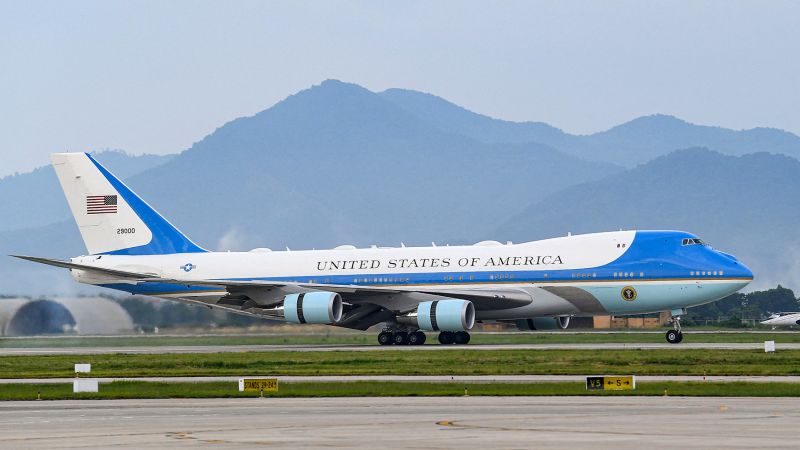
The U.S. Air Force now expects Boeing to deliver the long-awaited replacement aircraft for Air Force One by 2027, a timeline that may coincide with the commencement of a second term for former President Donald Trump, should he be re-elected.
The expected 2027 delivery marks a shift in the timeline for the two specially modified Boeing 747-8 aircraft, which have faced repeated delays since the original 2018 contract. At that time, the Trump administration struck a $3.9 billion deal with Boeing to convert two 747-8 jets into new Air Force One planes, capable of handling the advanced communications and defense requirements for transporting the President of the United States.
Delays have stemmed from a variety of sources, including supply chain disruptions during the COVID-19 pandemic, engineering challenges unique to presidential aircraft, and broader production issues facing Boeing. The company recently faced closer scrutiny from government and regulatory agencies concerning its safety and manufacturing protocols following multiple incidents with its commercial airliners.
A senior Air Force official confirmed the revised timeline, noting efforts to maintain program stability while managing ongoing challenges. If the aircraft are completed and certified by 2027, their availability would coincide with the early part of the next presidential administration.
That timing has political implications, especially as Donald Trump currently leads the race for the 2024 Republican presidential nomination. If elected, Trump could be among the first to use the new aircraft, despite leaving office before their initial projected delivery.
The two planes, designated VC-25B when completed, are being extensively modified to serve as the U.S. president’s flying command post. Upgrades include secure communications systems, advance defense countermeasures, and a custom interior to support presidential duties while in flight.
As of now, the presidential fleet continues to rely on two older Boeing 747-200 aircraft, designated VC-25A, which have served since the early 1990s. The Air Force has stated that maintaining these aging planes is costly and more complex due to limited parts and outdated technology.
Boeing has not issued a recent public update on the project’s completion timeline, but the Air Force remains hopeful that all necessary modifications, testing, and certifications can be finalized within the new projected schedule.
The final delivery decision will depend on achieving key developmental and safety milestones, and the planes will only enter service once fully approved and commissioned by the Air Force.
Source: https:// – Courtesy of the original publisher.








